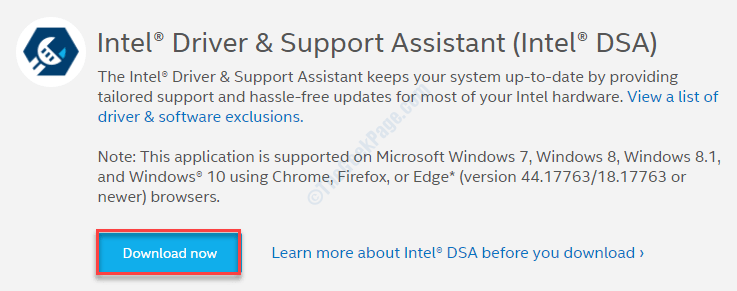

- #Usb xhci compliant host controller code 10 serial#
- #Usb xhci compliant host controller code 10 driver#
- #Usb xhci compliant host controller code 10 archive#
- #Usb xhci compliant host controller code 10 software#
What do you thinkĢ) amlogic/meson-g12-common.dtsi has got a USB controller node defined The non-standard node-names into the usb-hcd.yaml file. Non-standard node-names instead of using usb-hcd.yaml there, or just add Properties into a separate DT schema and allOf-ing it in the HCDs with On the other hand weĬould just fix the usb-hcd.yaml file either by detaching the generic Painful due to having a lot of such nodes defined. This is the main problem and currently I don't Qualcomm, HiSilicon, Exynos, Allwinner, Omap, Stih and APM will fail theĭtbs_check validation. Of the DWC USB3 DT binding, some USB DT nodes declared for Freescale, Since it's included into the allOf property

There are next problems we've discoveredġ) There are many "snps,dwc3"-compatible DT nodes, which names are defined Schema, we made it used to validate the sub-nodes of the Qualcom, TI andĪlas the new DWC USB3 DT schema doesn't support all the DT nodes definedĪs compatible with "snps,dwc3".
#Usb xhci compliant host controller code 10 driver#
The result a bit so it would be more coherent with what actuallyĬontroller and its driver support. Thirdly, what was primarily intended to be done for Baikal-T1 SoC USB weĬonverted the legacy text-based DWC USB3 bindings to DT schema and altered Utilized by some vendor-specific versions of xHCI. Used to validate the pure xHCI-based nodes, while the former can be XHCI properties and a generic xHCI device DT schema. It had to be split up into two bindings: DT schema with generic Secondly we converted generic USB xHCI text bindings file into the DT Properties a bit so they would correspond to what functionality kernel Maximum-speed, dr_mode, otg-rev, usb-role-switch, etc. So now the generic USB HCD-compatibleĭT nodes are validated taking into account the optional properties like: This patchset is a result of that work.įirst of all we moved the generic USB properties from the legacy textīindings into the USB HCD DT schema. We've performed some work on the Generic USB HCD, xHCI and DWC USB3 DTīindings in the framework of the Baikal-T1 SoC support integration into Lad Prabhakar, Yoshihiro Shimoda, Neil Armstrong, Kevin Hilman, To: Mathias Nyman, Felipe Balbi, Greg Kroah-Hartman, Rob HerringĬc: Serge Semin, Serge Semin, Alexey Malahov, Pavel Parkhomenko,Īndy Gross, Bjorn Andersson, Manu Gautam, Roger Quadros, ` (17 more replies) 0 siblings, 18 replies 50+ messages in thread 22:41 ` dt-bindings: usb: usb-hcd: Convert generic USB properties to " Serge Semin
#Usb xhci compliant host controller code 10 archive#
Also, constantly check back with our website to find out when a new version is available.Dt-bindings: usb: Add generic USB HCD, xHCI, DWC USB3 DT schema LKML Archive on help / color / mirror / Atom feed * dt-bindings: usb: Add generic USB HCD, xHCI, DWC USB3 DT schema 22:41 Serge Semin That being said, click the download button, get and apply the present version and enjoy your newly updated system.
#Usb xhci compliant host controller code 10 software#
In addition to that, as technology evolves from one day to another, we recommended that you always use the latest software available. When it comes to the installation steps, simply check to make sure that the download record is compatible with your system characteristics, get the package, run the setup, and follow the on-screen instructions for a complete update.īear in mind that even though other OSes might be compatible, it would be best if you applied this package only on specified platforms. If the proper USB software is installed, systems will benefit from improved compatibility with different devices, numerous fixes regarding USB issues, and various other changes that can increase transfer speed with external storage drives.
#Usb xhci compliant host controller code 10 serial#
Windows operating systems automatically apply a generic driver that allows users to transfer files using the USB (Universal Serial Bus) port however, installing the appropriate software can bring about significant changes.


 0 kommentar(er)
0 kommentar(er)
